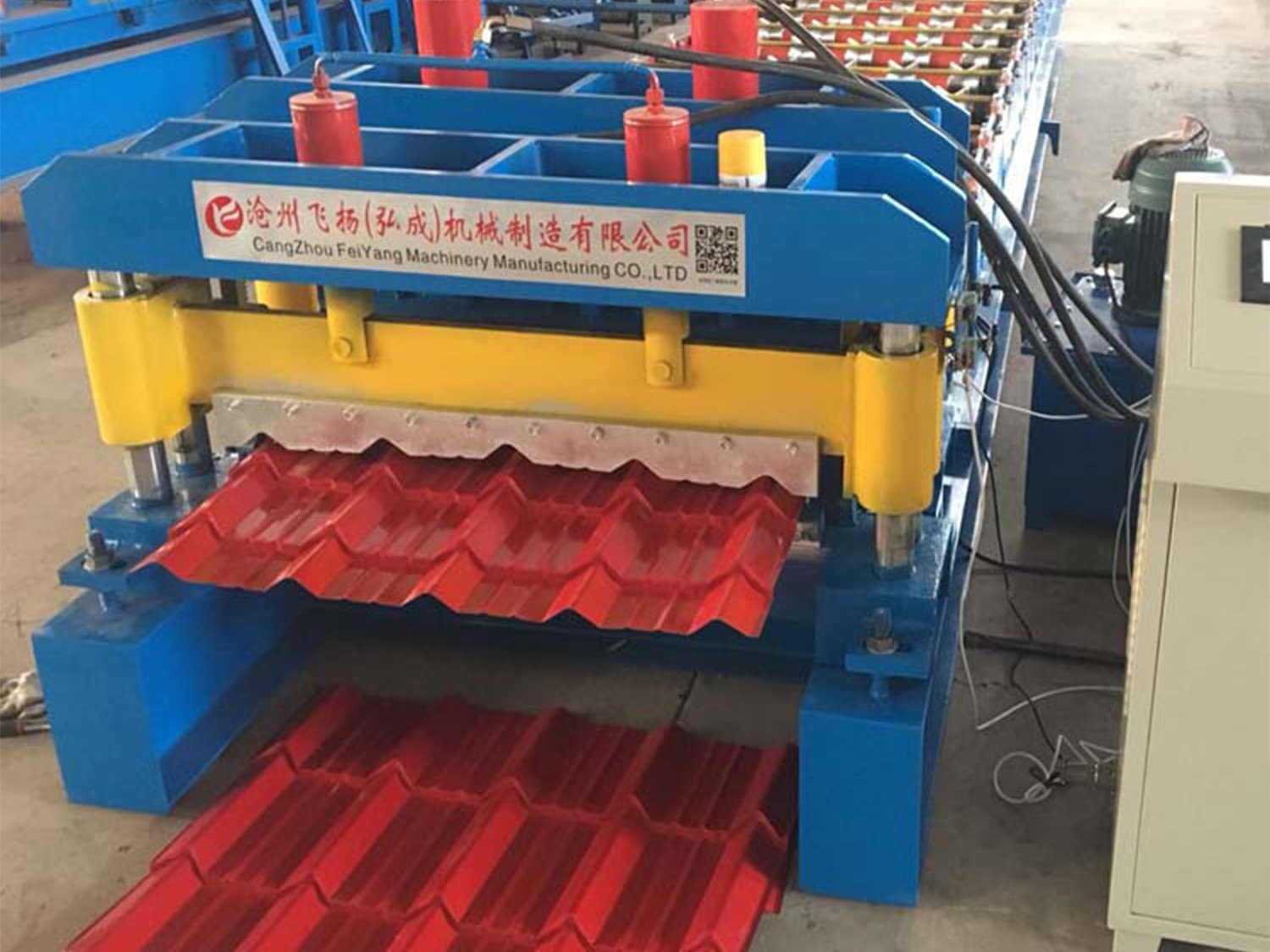The Ultimate Guide to Roll Forming Machines: Everything You Need to Know
1. What is a Roll Forming Machine?
A roll forming machine is a specialized piece of equipment used in the metalworking industry to shape metal sheets or strips into desired profiles. It utilizes a continuous bending operation, where a long strip of metal passes through multiple sets of rollers to gradually form the desired shape.
2. How Does a Roll Forming Machine Work?
The roll forming process starts with a coil of metal being fed into the machine. The metal strip passes through a series of rollers, each set of rollers gradually bending the metal to its desired shape. The rollers are strategically designed to form specific profiles, such as channels, angles, or curves. The process is continuous, meaning that the metal strip is continuously fed through the machine until the desired length of the profile is achieved.
3. Advantages of Using a Roll Forming Machine
Roll forming machines offer several advantages over other metal forming processes. Firstly, they allow for high-speed production, making them ideal for large-scale manufacturing. Additionally, roll forming machines can produce complex profiles with consistent quality and accuracy. They also have the ability to work with a wide range of metals, including steel, aluminum, and copper.
4. Common Applications of Roll Forming Machines
Roll forming machines are widely used in various industries due to their versatility and efficiency. Some common applications include the production of metal roofing and wall cladding, automotive parts, storage systems, electrical enclosures, and furniture components. The ability to customize the profiles makes roll forming machines suitable for a wide range of products.
5. Factors to Consider When Choosing a Roll Forming Machine
When selecting a roll forming machine, there are several factors to consider. These include the desired profile shape, material thickness and width, production speed, required tooling, and the overall reliability and durability of the machine. Working with a reputable manufacturer and understanding your specific production needs are essential in making the right choice.
6. Maintenance and Care for Roll Forming Machines
To ensure optimal performance and longevity of a roll forming machine, regular maintenance and care are crucial. This includes routine cleaning, lubrication of moving parts, inspection of rollers and tooling, and timely replacement of worn-out components. Proper maintenance not only extends the machine's lifespan but also ensures consistent product quality.
7. Safety Considerations in Operating a Roll Forming Machine
Operating a roll forming machine involves certain risks, and it is important to prioritize safety. Operators should receive proper training on machine operation and safety procedures. Wearing appropriate personal protective equipment, such as gloves and safety glasses, is essential. Regular inspections of the machine's safety features, such as emergency stops and guarding, should also be conducted.
8. Recent Technological Advancements in Roll Forming Machines
Advancements in technology have led to the development of more efficient and advanced roll forming machines. These include computer-controlled systems that offer greater precision and automation, reducing human error and increasing productivity. Additionally, the integration of software programs allows for easier design customization and seamless integration with other manufacturing processes.
9. Environmental Impact of Roll Forming Machines
Roll forming machines have a relatively low environmental impact compared to other metal forming processes. The process produces minimal waste, as most of the material is utilized in the final product. Additionally, modern roll forming machines are designed to be energy-efficient, reducing overall energy consumption and carbon footprint.
10. Future Trends in Roll Forming Machine Technology
The roll forming industry is continuously evolving, driven by advancements in technology and changing market demands. Some future trends include the development of lightweight and sustainable materials, increased automation and robotics integration, and the adoption of predictive maintenance techniques. These advancements will further enhance the efficiency and capabilities of roll forming machines.

